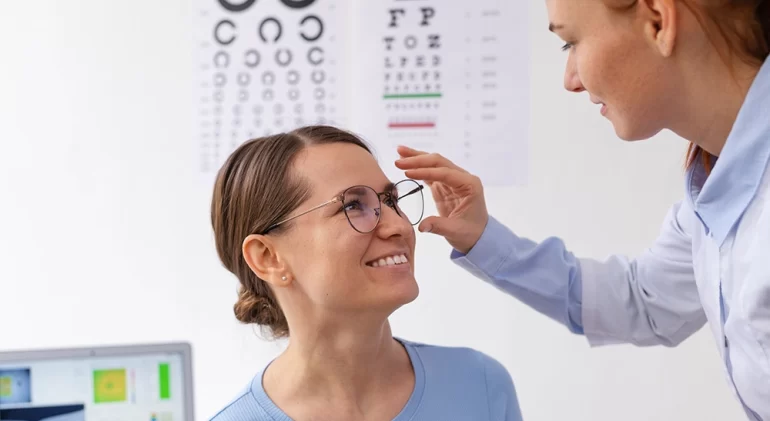
Managing Vision Issues Caused by Diabetes
Diabetes, a chronic condition characterised by high blood sugar levels, can have significant impacts on various aspects of your health, including your vision. One of the most concerning complications of diabetes is diabetic retinopathy, a condition that can lead to serious vision problems if not managed properly. Understanding and addressing vision issues related to diabetes is crucial for maintaining your eye health and overall quality of life.
Understanding Diabetic Retinopathy
Diabetic retinopathy occurs when high blood sugar levels cause damage to the blood vessels in the retina, the light-sensitive layer of tissue at the back of the eye. This damage can lead to leakage, bleeding, and the formation of new, abnormal blood vessels, all of which can impair vision. In its early stages, diabetic retinopathy may not present noticeable symptoms, which is why regular eye exams are essential for detecting the condition before it progresses.
Symptoms and Warning Signs
As diabetic retinopathy advances, you may start to experience symptoms such as blurred or distorted vision, difficulty seeing at night, or the presence of floaters and dark spots in your field of vision. If you notice any of these changes, it’s important to seek medical attention promptly. Early intervention can help manage the condition and prevent further deterioration.
Managing Your Eye Health
Maintaining good blood sugar control is fundamental to preventing and managing diabetic retinopathy. Consistently monitoring your blood sugar levels and adhering to your diabetes management plan can significantly reduce your risk of developing vision issues. Additionally, a healthy diet, regular exercise, and avoiding smoking can contribute to overall eye health.
Regular Eye Exams
Regular eye exams are vital for individuals with diabetes. Eye care professionals can perform comprehensive retinal exams to detect any signs of damage and recommend appropriate treatments. Early detection allows for timely intervention, which can include treatments such as laser therapy or injections to manage and potentially reverse damage.
Conclusion
Managing vision issues related to diabetes requires vigilance and proactive care. By controlling your blood sugar levels, maintaining a healthy lifestyle, and undergoing regular eye exams, you can significantly reduce the risk of diabetic retinopathy and protect your vision. If you have diabetes, make eye health a priority and consult with your eye care provider to ensure your vision remains clear and healthy.


